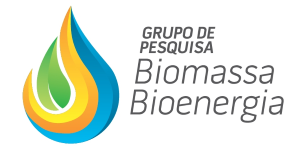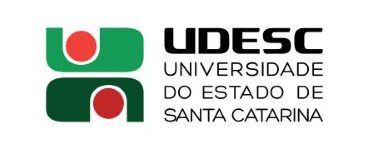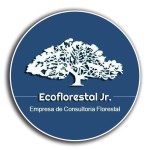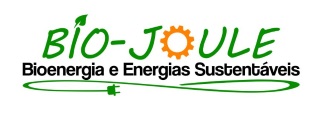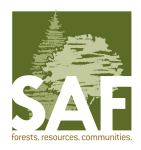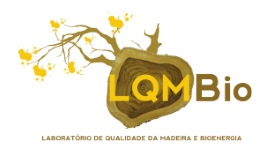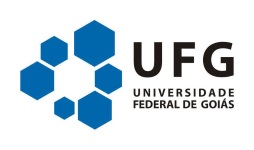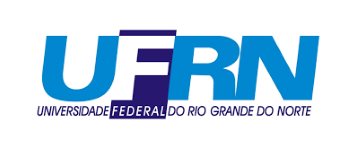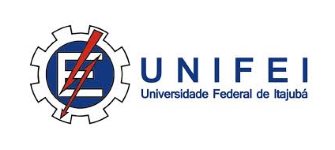OPTIMIZING BIODIESEL PRODUCTION IN SUB-SAHARAN AFRICA
03 - Bioenergy: Economy, Market and Policy
 1 TITO FRANCISCO IANDA, 2 ANTÔNIO DOMINGOS PADULA
1 TITO FRANCISCO IANDA, 2 ANTÔNIO DOMINGOS PADULA
1 UNIVERSIDADE FEDERAL DO RIO GRANDE DO SUL
2 FEDERAL UNIVERSITY OF FEDERAL DO RIO GRANDE DO SUL
Sub-Saharan Africa is characterized by low income, economic fragility, monoculture, and low-tech industrial production. In addition, it faces major challenges related to energy crisis and environmental degradation. To ensure energy security, African governments spend about $ 21 million a year on fossil fuel subsidies, which burden national budgets and inhibit investment in renewable energy development. However, as of 2009, several countries in the region (South Africa, Botswana, Ethiopia, Mali, Mozambique, Namibia, Kenya, Senegal, Zambia and Zimbabwe) started a program regarding biodiesel production and use, as an alternative to fossil fuel, besides promoting the generation of employment and income of the rural population. The biomass used is of vegetable origin, namely Jatropha curcas, Cashew and Palm oil. While in South Asia 94% of arable land is cultivated, in sub-Saharan Africa only 22% is effectively cultivated, demonstrating the region's great potential to produce biodiesel oilseeds, especially in the countries of the West African Monetary Economic Union (UEMOA). Given that these countries share the same common currency (CFA franc) and territorial borders. Some countries in this community are already producing biodiesel on small scales, but facing problems of high production costs and logistics, which discourages private initiatives. In this context, the present study aims to analyze which variables define the economic viability / production cost of biodiesel in sub-Saharan Africa. To achieve the objective of this study, a mapping of biodiesel production iniatiatives and use in Sub-Saharan Africa will be carried out; an analysis of the availability of feedstock in the region; demand and size of the biodiesel plant; and tax regime. From this, it is expected to construct an optimization production model and of the location of the production plants with the tools of Integer Linear Programming, in order to improve the productive efficiency and to minimize the cost of production and logistics.
Keywords: sub-saharan africa, biodiesel, production optimization.
Acknowledgments: The Federal University of Rio Grande do Sul and the Postgraduate Program in Business Management, where this research is being developed.





